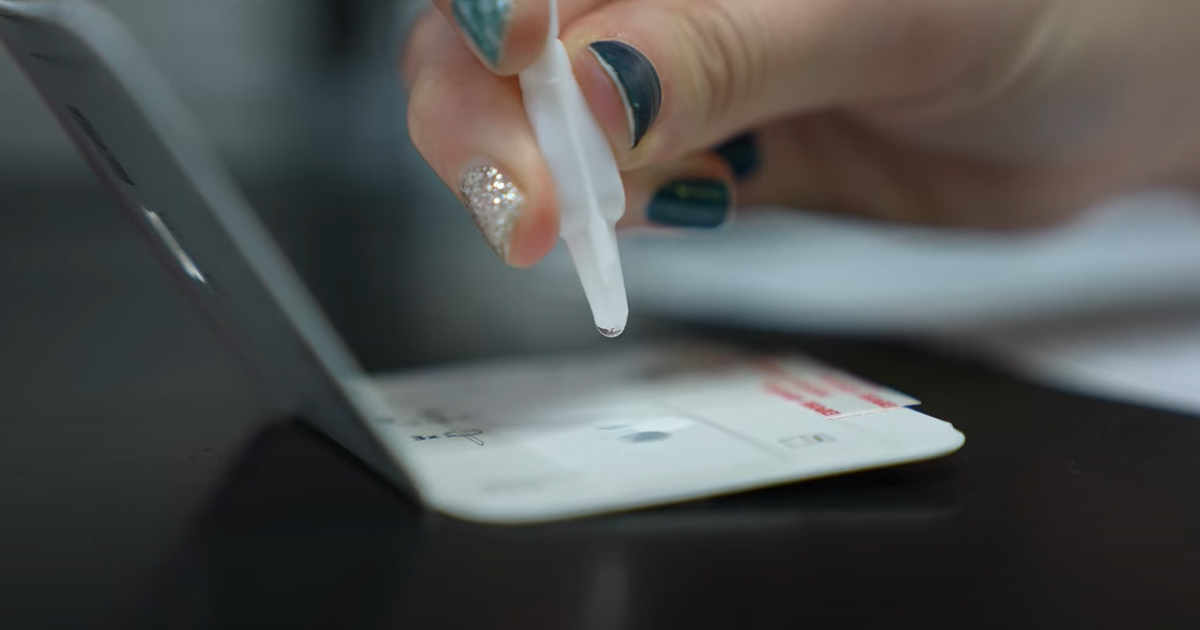[Video] At-home rapid tests for COVID-19: An expert's how-to guide

With the omicron variant of COVID-19 still infecting thousands of Americans each day, rapid antigen tests have grown in popularity as a way to get a quick result at home.
To get the best results, follow the test directions carefully. Each brand of the test is different. Watch Claire Cook, Nebraska Medicine medical lab scientist, demonstrate with a BinaxNOW test, one of the most common tests available to the public.
Millions of Americans are also receiving home tests from the federal government. One of the brands sent through the mail, iHealth has a different process and includes this how-to video.
See the latest guidelines for who should get a COVID-19 test.
Which is a more accurate test for detecting COVID-19 – PCR or antigen?
Polymerase chain reaction (PCR) tests are more accurate and more sensitive than antigen tests. "PCR tests are the gold standard for detecting SARS-CoV-2," says pathologist and microbiologist Jana Broadhurst, MD, PhD. "It is the most accurate testing modality that we have."
False negatives are more likely with antigen tests than with PCR tests. A "false negative" is when the test result is negative for COVID-19, but the person truly does have COVID-19.
If you get a negative result from a rapid antigen test but are experiencing COVID-19 symptoms, that doesn't mean you're free of COVID-19. Experts recommend you arrange for a PCR test to confirm. Schedule a PCR test with Nebraska Medicine.




